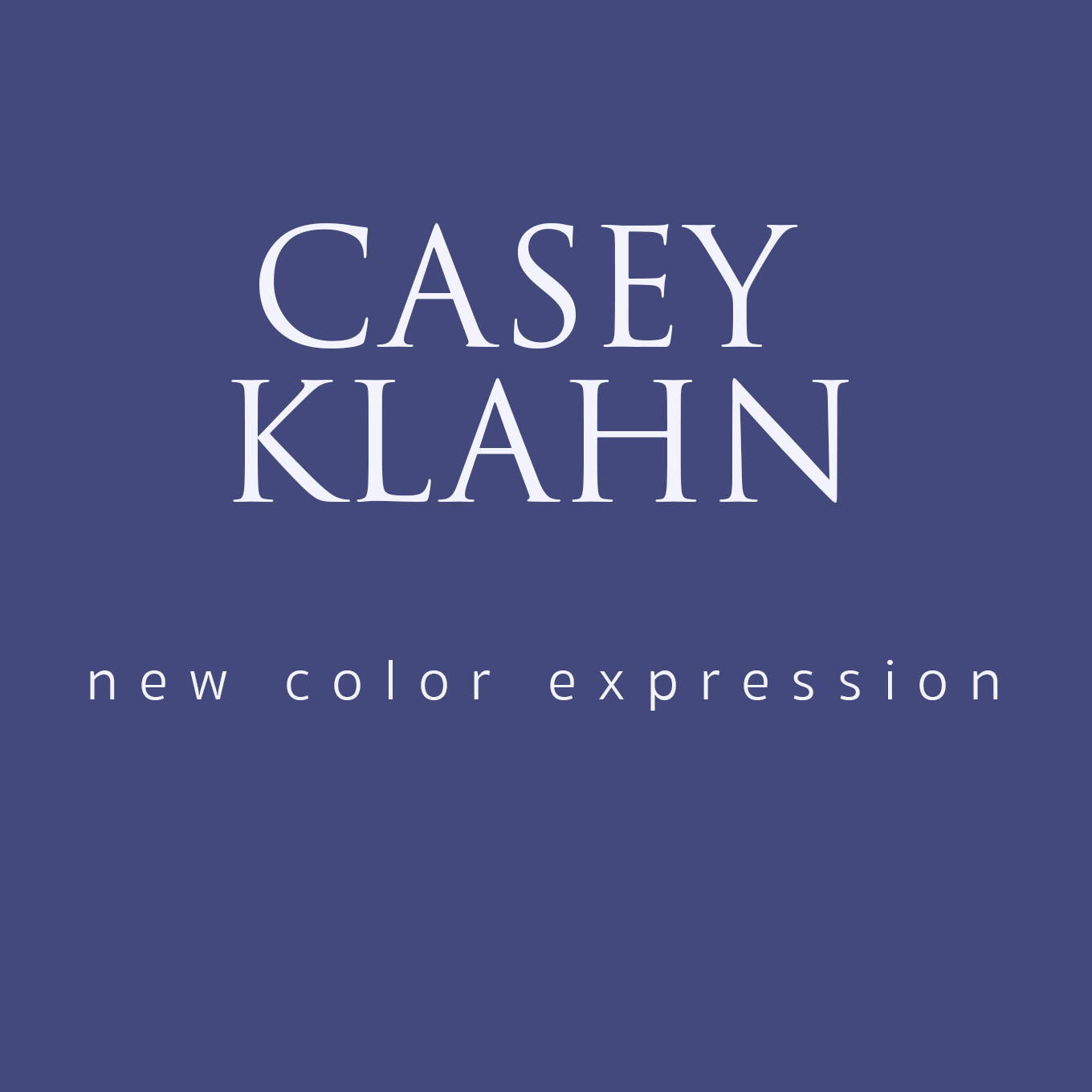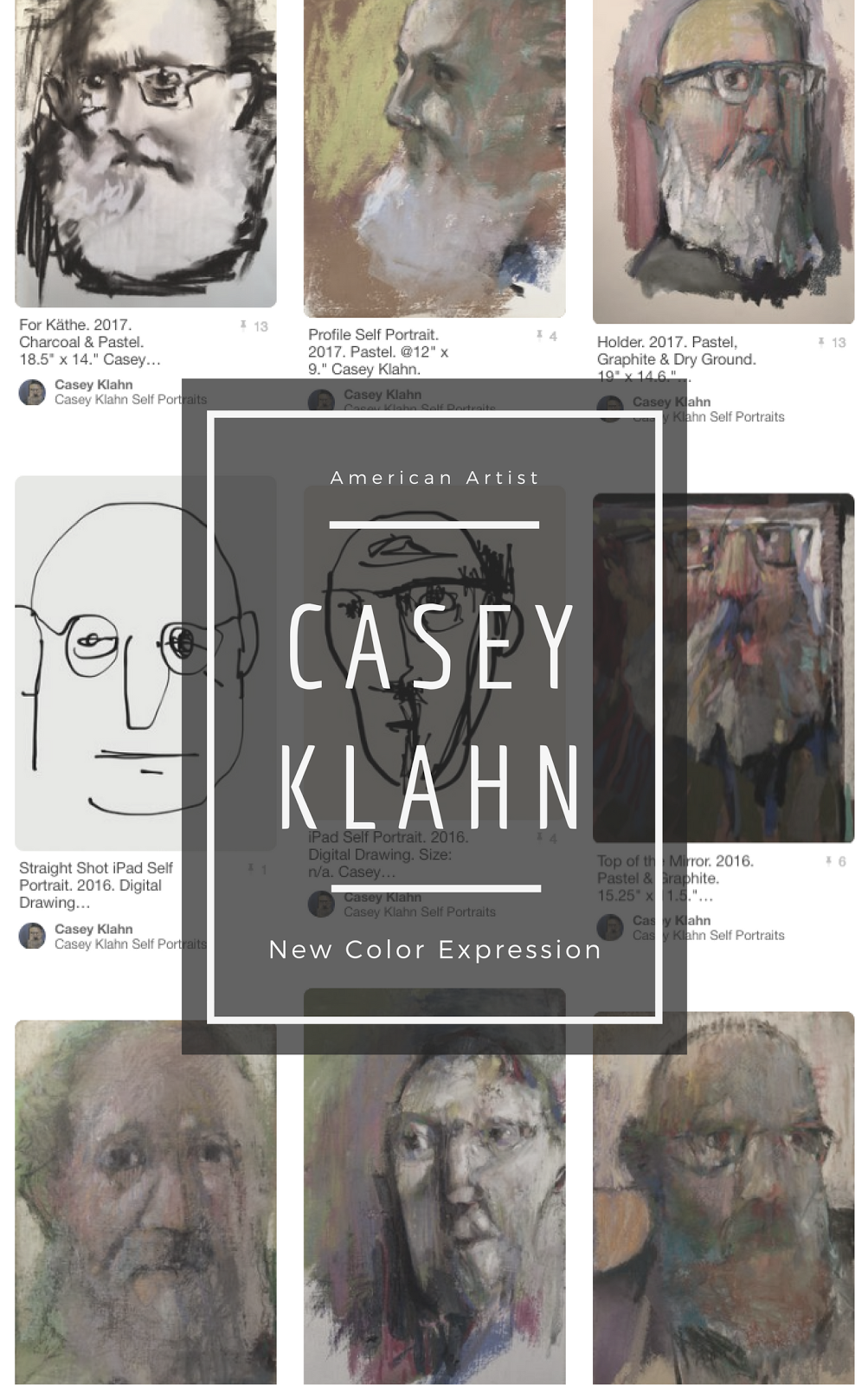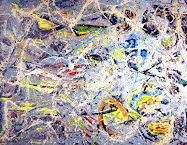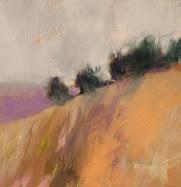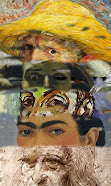
The Vincent & Theo van Gogh Graves
Vincent was denied a church funeral because of his suicide. Those were the days when it was considered a sin. VVG had plenty of that. Sin. His mother wished him dead well before his actual demise, and his father disowned him.
In the list of shared background that I have with VVG, there is the matter that I have my BA in the Bible and theology. One of the things in the van Gogh story that has been bugging me is the art critics who write the histories of the old boy have him renouncing his Christian faith. I find no evidence of that. Yes, he most definitely strayed "off the reservation", and had unkind things to say about the church. He cohabits with, and consorts with, prostitutes. Then again, Hosea the prophet (remember, he has a whole book of the Bible) was married to one of those.
But I see no renunciation of Christ. In fact, I see evidence to the contrary. Unlike myself, Vincent was a Calvinist. Strictly speaking, these guys think that one is "Once Saved, Always Saved". Which means, once you have been compelled, via Holy Election, to accept Christ, you will not stray, in spite of any evidence to the contrary. For you non-theologically minded, let's put it this way: if you were VG's father, a Calvinist minister, you would believe in the secure salvation of Vincent, no matter what he did after accepting Christ.
His parent's ungracious behavior towards him was understandable, in sociological terms. The first people you lose when you leave behind your sanity are your family. Turns out, more tragically, that many of Vincent's immediate family had dementia in their final days, due to the ravages of syphilis.
Of course, van Gogh is a father of Modernism. Yes, he exalted self, art, and nature. Certainly these things may crowd out the heart's room for God. I see nothing in that, however, to irrevocably overcome his place in the eternal. God knows, not I.
For the irreligious this may be a painful and seemingly unnecessary post. But I don't know how, without bald redaction, one can study the artist van Gogh without his faith, or art history (western) without Christ. It would seem to be impossible.
Certainly, it needs to be said, that the trend among VG's historians to strip him of his salvation is probably ill-informed, at best. I don't think I would be too surprised, standing on the other side, that I should meet the great artist, Vincent van Gogh.
It appears that others have covered this same ground, and agree with my thesis.
See:
This article by Cliff Edwards on VG's faith.
Also: (In both articles the errors are left as is)
"Few images in modern art have so captured the attention of the public as Van Gogh's Starry Night, a painting that reveals all the light and glory hidden in an ordinary evening sky. In this very readable study of Van Gogh, essentially a spiritual biography, Kathleen Erickson explores the intense spirituality of the painter, from his early religious training and evangelical missionary work to the crisis that occurred when the church rejected his more radical way of following Christ. Erickson argues (against many Van Gogh scholars) that the artist's mature work reflects not a rejection of Christ so much as a rejection of a dogmatic church, seeing instead in the famous images of his art a profound connection to Christian symbols. Throughout, she helps us to discover the source of the power in Van Gogh's stars and sunflowers." --Doug Thorpe in this review of At Eternity's Gate: The Spiritual Vision of Vincent van Gogh.
From Publisher's Weekly:
"Erickson's account of the spiritual dimensions of van Gogh's work is an important corrective to two widespread assumptions: first, that his background was theologically Calvinist; second, that he abandoned religion when he began his professional career as an artist. Drawing extensively on van Gogh's correspondence, Erickson argues convincingly that the so-called Groningen school?(sic) more Arminian than Calvinist?was the foundation for van Gogh's religious outlook and that his abandonment of institutional Christianity (precipitated by disillusionment with his uncle and theological mentor, Johannes Paulus Stricker) was not so much an abandonment of religion as a move to synthesize Christianity and modernity via mysticism. Her discussion of van Gogh's late work is particularly compelling in this regard. Erickson's diagnostic discussion of van Gogh's mental illness is intriguing, though such extended discussion of whether he was epileptic, bipolar, schizophrenic or a combination is more of a distraction than a contribution to artistic or religious appreciation of his work. This work is a lucid and accessible contribution to understanding the religious character of van Gogh's artistic vision."
Copyright 1998 Reed Business Information, Inc. (Pasted from Amazon)
I won't argue the Arminian vs. Calvinist parts, here.
This post was first published in 2007.









.jpg)



